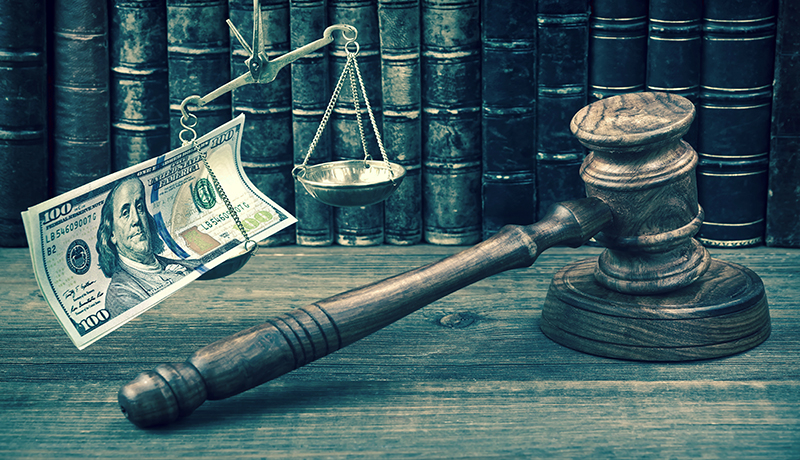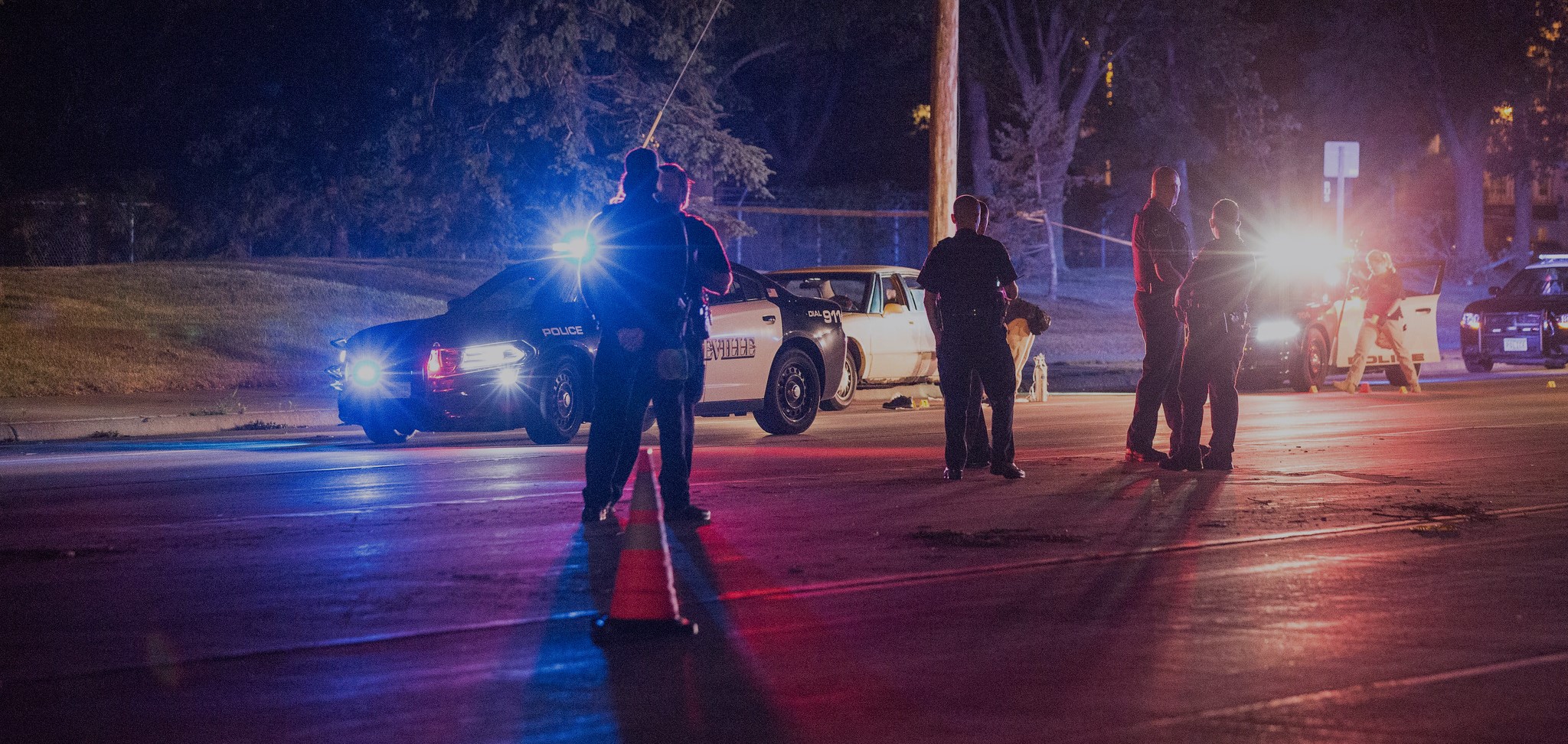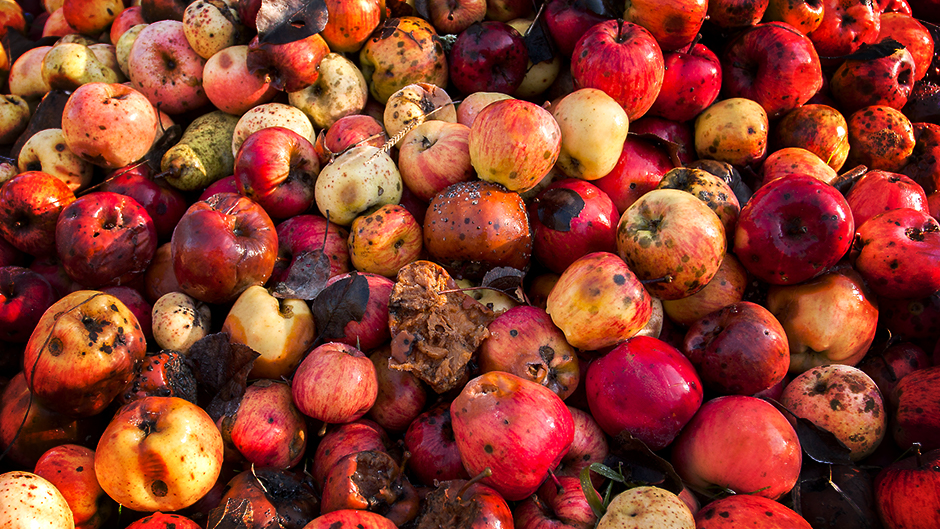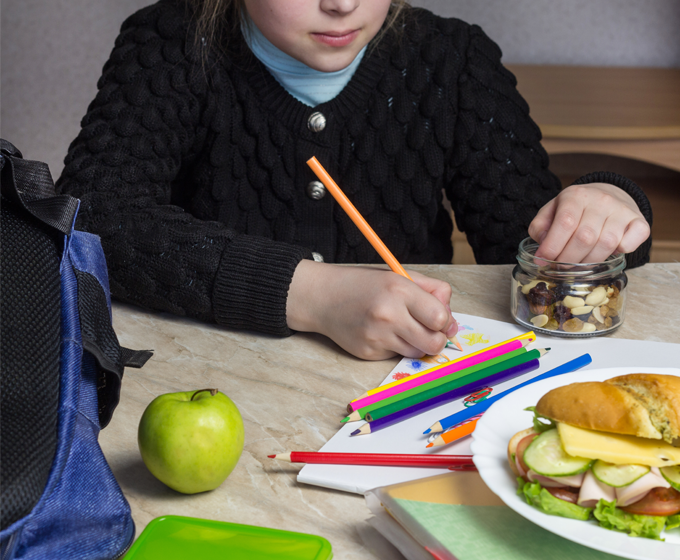Pay-to-stay, the practice of charging people to pay for their own jail or prison confinement, is being enforced unfairly by using criminal, civil and administrative law, according to a new Rutgers University-New Brunswick led study. The study, published in the Journal of Contemporary Criminal Justice, finds that charging pay-to-stay fees is triggered by criminal justice contact...
Local
Black, Hispanic Adolescents Significantly More Likely to Die by Police Intervention Than Whites
A recent study evaluating the use of force by police against children found that Black and Hispanic adolescents are significantly more likely to die from shootings related to police intervention compared to non-Hispanic white adolescents. The findings, led by Children’s National Hospital researchers and reported in Pediatrics, mirror similar racial and ethnic disparities in adults...
How Air Pollution Affects Homeless Populations
When air quality worsens, either from the smoke and ozone of summer or the inversion of winter, most of us stay indoors. But for individuals experiencing homelessness, that’s not always an option. In a new study, researchers from the University of Utah document the effect of air pollution on people experiencing homelessness, finding that nearly...
Center for Justice Research Police Reform Action Brief: Ban Chokeholds
The Center for Justice Research (CJR) at Texas Southern University supports innovative, data-driven solutions for the creation of an equitable criminal justice system. CJR is the premier criminal justice research center located on the campus of a historically Black college or university. Researchers at CJR offer an important voice at this crucial time in U.S....
Some U.S. States Hit Harder by COVID-19 Food Insecurity
Food insecurity in America is reaching an all-time high during the COVID-19 pandemic. But large regional differences exist in the severity of the impact. Experts project over 50 million Americans will be food insecure in 2020, including about 17 million children, says Craig Gundersen, ACES distinguished professor in the Department of Agricultural and Consumer Economics...
Sustainable Tourism–Or a Selfie? Ecotourism’s Fans May Be in It for the ‘Gram
Ecotourism offers a specific travel experience: It focuses on nature, education and sustainability. Often, these destinations highlight endangered or threatened species and engage visitors in making socially responsible choices. But a new study by researchers at the University of Georgia suggests ecotourism’s altruistic attractions may be overshadowed by another benefit: photos for social media. Recently...
Demolishing Abandoned Houses Does Not Reduce Nearby Crime
Cities across the country have sought ways to improve neighborhood safety and in recent years have pointed to demolishing abandoned housing as a way to achieve the goal. While millions of dollars have been spent on the efforts, a recent University of Kansas study found a program demolishing more than 500 abandoned residential properties in...
Sociologists Dispel the ‘Bad Apple’ Excuse for Racialized Policing
Six days after a prone and restrained George Floyd died under the knee of a Minneapolis police officer, National Security Advisor Robert O’Brien dismissed charges that racism is rampant among police by arguing that “a few bad apples” are giving police “a terrible name.” But O’Brien’s widely expressed view made little sense to sociologist Jomills...
AI Teachers Must Be Effective and Communicate Well to Be Accepted, New Study Finds
The increase in online education has allowed a new type of teacher to emerge ¬– an artificial one. But just how accepting students are of an artificial instructor remains to be seen. That’s why researchers at the University of Central Florida’s Nicholson School of Communication and Media are working to examine student perceptions of artificial...
Research Identifies Link Between Food Insecurity and Unengaged Distance Learning
How do you feel when you’re hungry? Are you at your best? A new study by the UTSA Urban Education Institute (UEI) found that food insecure students in San Antonio struggled with distance learning and academic engagement more than their peers. The findings linking food insecurity and learning signify how hunger and larger issues of...










